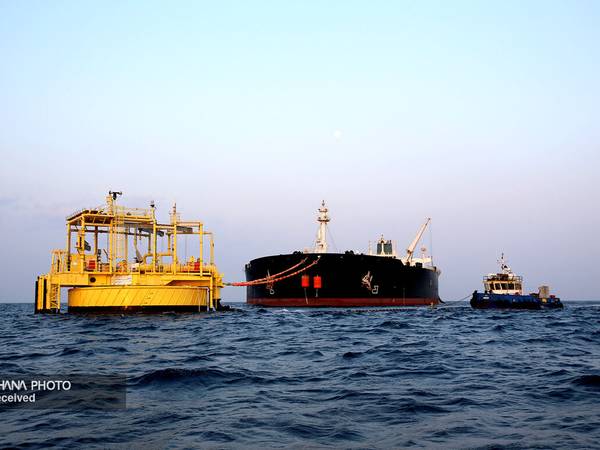In the latest case of Congressional opposition to reviving the 2015 Iran nuclear deal, a group of senators has introduced a bill making sanctions “permanent.”
The Solidify Iran Sanctions Act 2022 – brought forward by senators Tim Scott (R-SC), Maggie Hassan (D-NH), Bill Hagerty (R-TN), and Jacky Rosen (D-NV) – would abolish the ‘sunset’ clauses in the 1996 Iran Sanctions Act (ISA) set to expire 2026.
The ISA, originally the Iran and Libya Sanctions Act, first aimed at thwarting Iran’s attempts to develop its energy sector but was most significant in developing ‘third party’ sanctions. The ISA laid out ‘triggers’ that would allow the president to take punitive action against third parties dealing with Iran.
The ‘triggers,’ amended and extended by later laws, included annual investment over $20 million, constructing pipelines, specified weapons sales, sales of gasoline to Iran, transporting or buying Iranian crude, and dealing with named Iranian bodies including the National Iranian Oil Company and the Islamic Revolutionary Guards Corps (IRGC).
Most ISA provisions were suspended when the US in 2015 agreed with Iran and five other world powers the Iran nuclear deal, the Joint Comprehensive Plan of Action (JCPOA), under which Tehran accepted limitations on its nuclear program linked to intrusive inspections in return for eased international sanctions.
But these provisions were reapplied when President Donald Trump in 2018 withdrew the US from the JCPOA and imposed ‘maximum pressure’ sanctions.In October 2018, the Trump administration withdrew from the 1955 Iran-US Friendship Treaty after the International Court of Justice ruled aspects of ‘maximum pressure’ violated the treaty, and in 2019 the US threatened to punish any European companies trading with Iran through Instex, the special purpose vehicle set up to sidestep US sanctions.
The new US legislation has been introduced as 16-month talks with Iran and world powers to revive the JCPOA are currently focused on Iran’s response to a European Union text circulated August 8. While the talks have been treated largely as confidential by all parties, some of the trickiest issues reportedly concern the extent and application of US sanctions.
Sanctions guarantees
One of the major stumbling blocks remaining to JCPOA renewal is reportedly Iran’s demands for ‘guarantees’ over the US implementing the agreement should be it be revived. Tehran is seeking cushions, both over sanctions and in its nuclear program, against the US once again leaving the 2015 agreement.
The practical effect of the proposed legislation would be not so much on US policy, where implementation rests primarily with the president, but on keeping the sanctions infrastructure indefinitely in place and therefore readily revived.
“The United States, Israel, and our Arab partners remain concerned about the looming threat that a nuclear Iran poses to the stability of the region,” said Scott. “US sanctions are a necessary deterrent for this dangerous and unstable regime, which is why my bill will make the cornerstone of sanctions on Iran permanent.” The legislation is supported by lobbyists American Israeli Public Affairs Committee (AIPAC).
Iran's oil and natural gas production have fallen behind in investments and as a result they are unable to extract higher amounts of energy despite the country's vast reserves. Iran has failed to appropriate sufficient funds and has lacked Western technology for boosting production as oil and gas fields produce less over time.
Iran's oil minister Javad Owji has said that the country needs $160 billion dollars for immediate investments while it has lost hundreds of billions in the past 12 years because of international and US sanctions.
